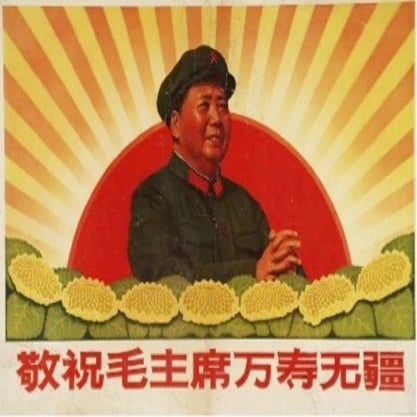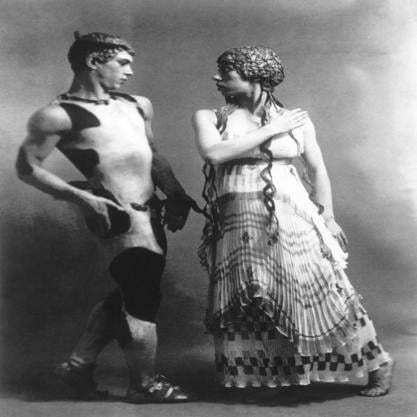Article
Husain, M.F. (1915–2011) By Xaviers, John
Article
M.F. Husain has often been called India’s Pablo Picasso on account of his stature as the most representative artist of modern India. After the gain of political sovereignty, Husain projected himself as the most vociferous spokesman of the national modern. He envisaged his role as a modernist by turning to ancient Hindu mythologies as his abiding subject matter and translating them into a modernist visual language. His pictorial vocabulary drew from Picasso, Matisse, Chagall and many other modernists and appropriated their style to forge a new personal idiom that may be termed as a signature style. It was only in the 1990s when Hindu nationalism began to dictate politics that Husain’s freedom to interpret Hindu religious mythologies and depict gods and particularly goddesses in the nude that his art became a target of attack and public litigation. What was seen by him as his right as a secular Indian artist to claim the past from a modern perspective was challenged when the opponents from the Hindu Right refused to let his Muslim identity be subsumed under an overarching Indian one. Today, he is remembered more for the debates around art and censorship that he gave rise to than his extraordinary creativity that manifested in a variety of medium ranging from installation art, mural painting and film making.


